Teach Kids What Makes a Good Friend
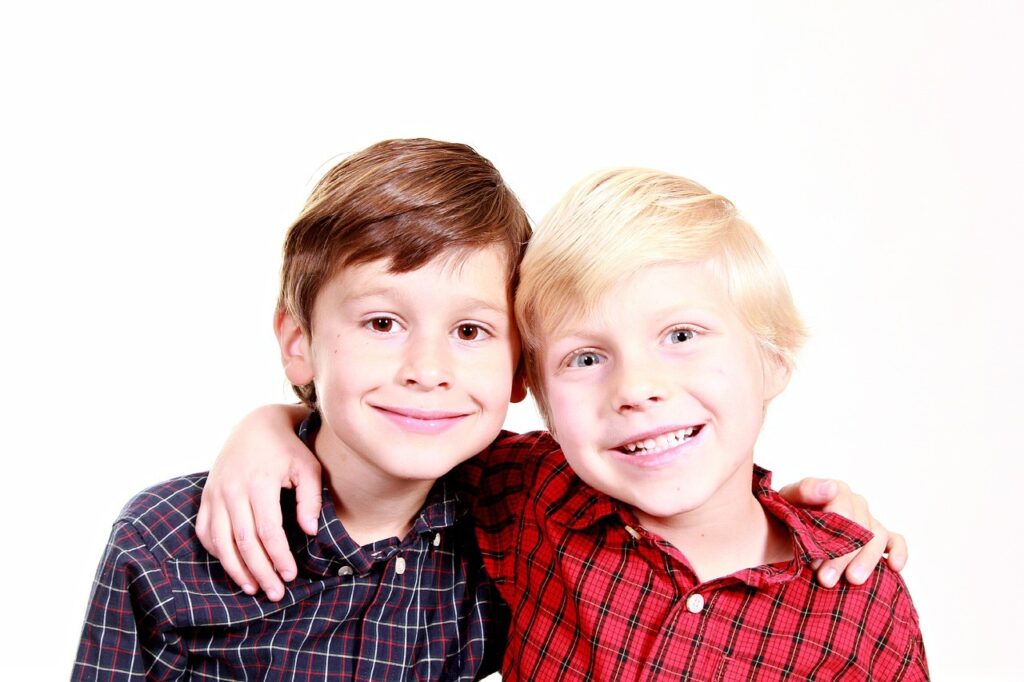
How to teach a little kid to be a good friend? How do I attach this never-ending eagerness for being good to other people and making new friends?
Perhaps it’s better to dig deeper to understand the human’s motivation so the child will be able to find a companion.
I’ve already mentioned kindness coloring exercises but completing a worksheet is also one of the best activities for children at an early age to explain what friendship is, how to start and maintain it.
Find Yourself Engaged In a Process
The first direction you should be going for – don’t try to make it easy. Kids learn when they pursue new information and look for the answers if they don’t know them.
Discuss the positive character or friend traits by sketching how a real friend looks and how he or she behaves. Don’t follow strict body proportions or images since people are all different, and while talking about friendship, you can turn to an equally important diversity topic.
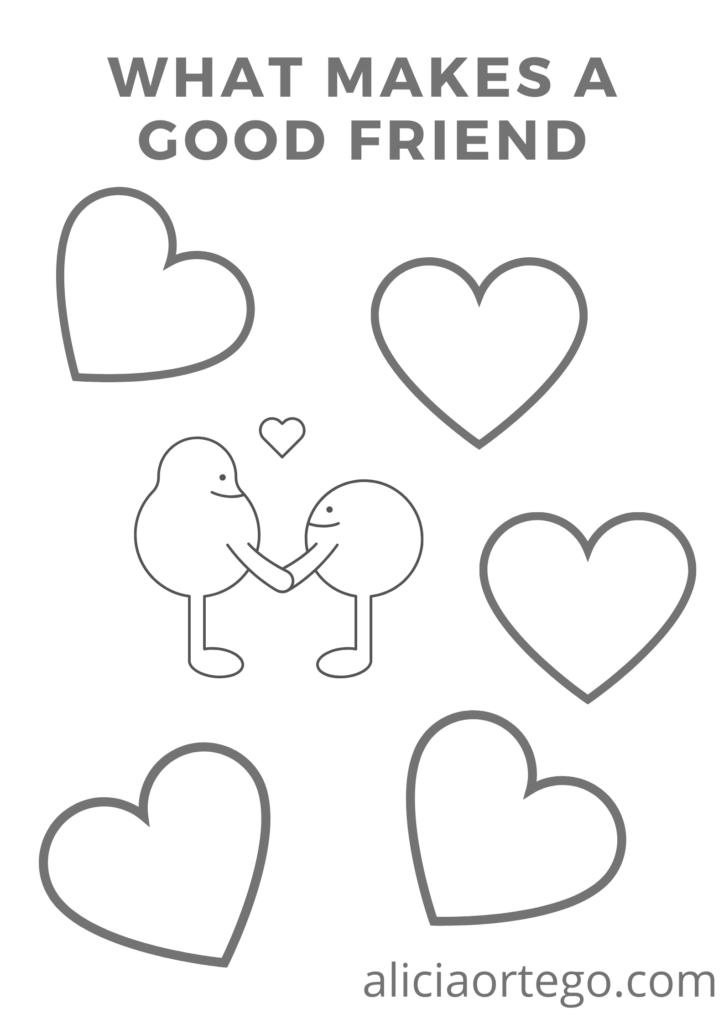
Children should realize how their decisions affect their lives; and how the right and careful approach can cause significant changes.
Teach How to Accept Friends for Who They Are
Create a “What makes a good friend?” list: discuss the qualities of a true friend, and how to recognize a chitty person. Talk with your kids about empathy.
Approaching the critical thinking ability of kids will make them analyze society and avoid misunderstanding problems in the future.
Try not to address good qualities as an exclusive trait of a friend: a child should know there isn’t a single ideal person out there. It means that making a friend often turns out to be accepting bad sides as well as good sides. Try to imagine a real situation and make a kid describe the real friend in detail.
Friendship is also about setting personal boundaries and respecting your friend’s limits. Explain to your child that friends need their personal space as much as your kids sometimes do.
Personality Quiz
To role-play the mentioned approaches, try a “What is a friend” activity. First, kids should get the idea: recall the happy moments with friends, perhaps watch some good old cartoons or movies. You may take this as a short quiz to explore how critical thinking is important in a real-life, and how it may save a person from some serious disappointments.
Filling out the worksheet is not the primary goal: take your time to explain what this is about and why it might be interesting.
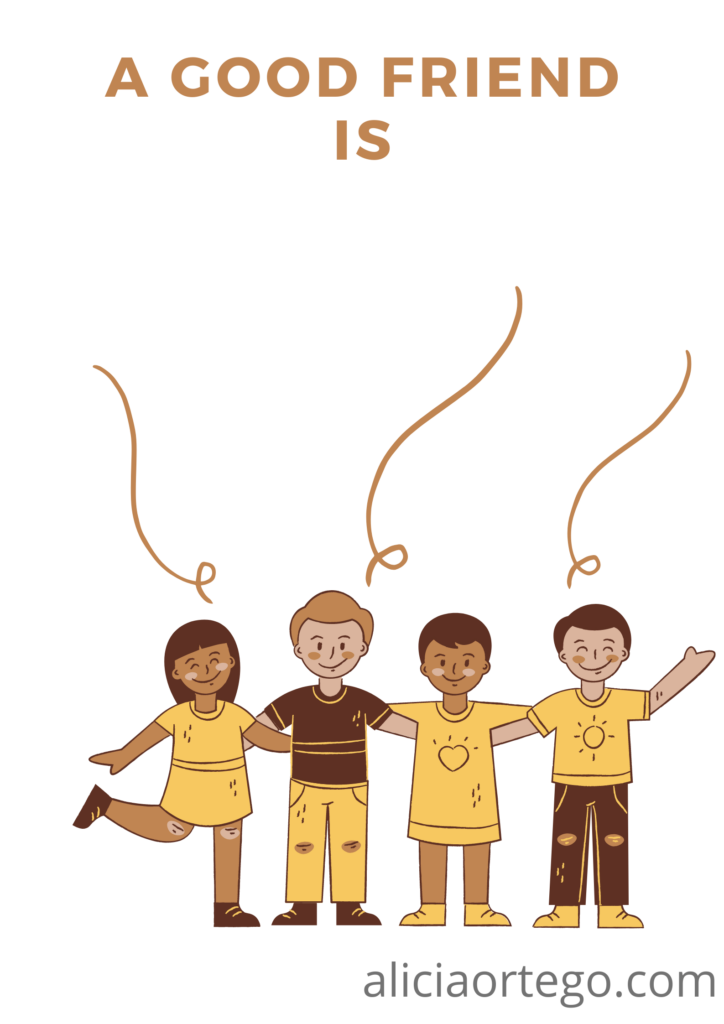
Most children will not do the task unless it is funny and entertaining; therefore, you have to step aside from adult understanding of friendship and take the kids’ side to see respect and relationships on a different level.
Conclusion
Friendship is a dynamic process, and the realization of how the concept works will change over time. You might try to do the same activity all over again within different age periods: kids will get the opportunity to see how their expectations from a true friend change.
Knowing what makes a good friend and why they will settle down their priorities and needs in society, and it will be much easier to communicate with other people.
These activities are timeless, as they reflect not someone else’s viewpoint, and help in shaping kids’ personalities.
More articles
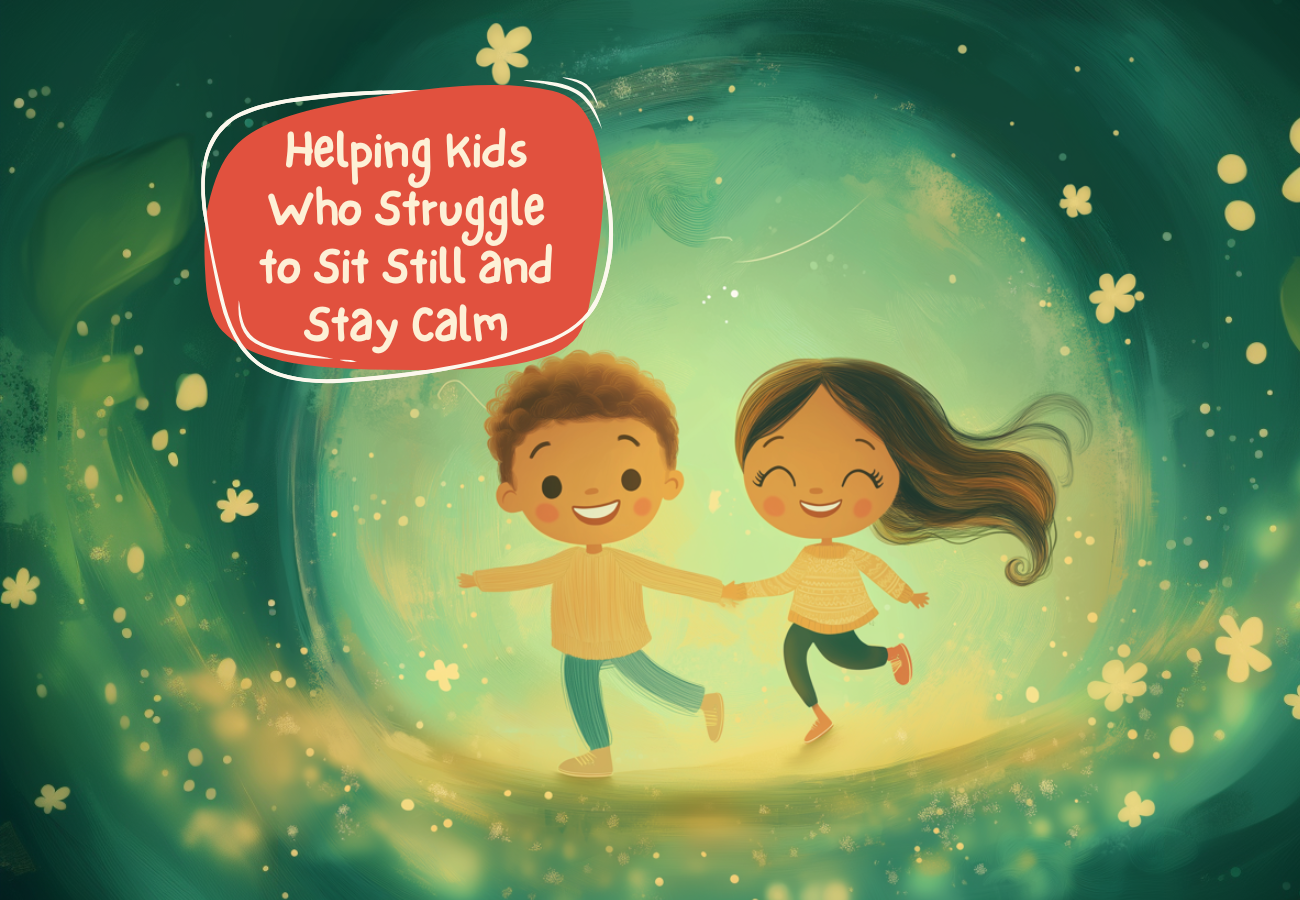
Helping Kids Who Struggle to Sit Still and Stay Calm
Some children move through the world with nonstop energy that rarely seems to slow down. They bounce, fidget, tap their feet, or speak out when quiet is expected. These behaviors can feel overwhelming for parents, teachers, and caregivers trying to create calm. Is the child being defiant or simply overstimulated? Are they anxious, under-challenged, or […]
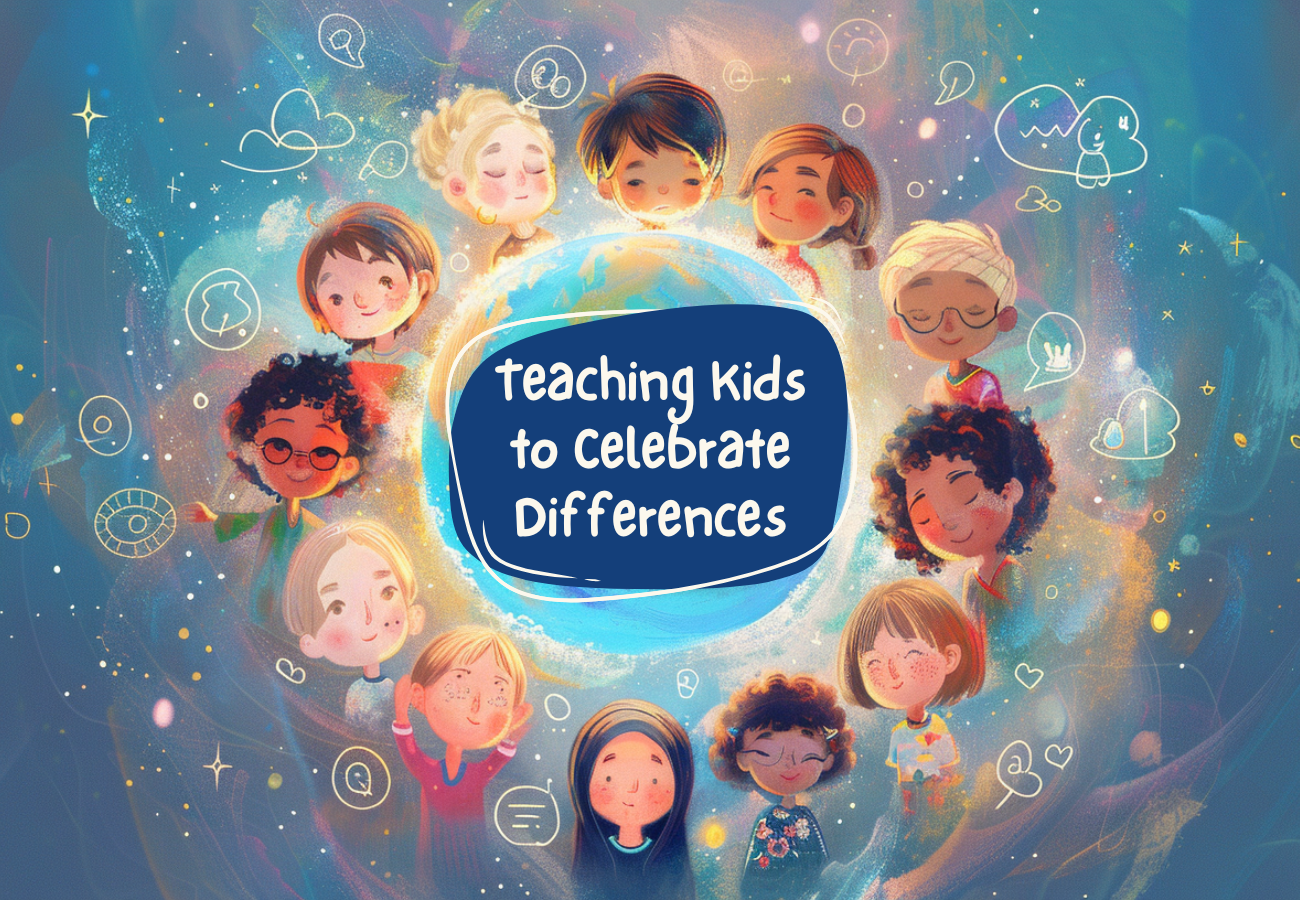
Teaching Kids to Celebrate Differences Through Books
Why Books Matter in Teaching Kids About Differences Teaching kids to celebrate differences through books is one of the most effective and natural ways to build a more inclusive future. Stories have long served as windows into other lives, cultures, and perspectives. When children read books that highlight diversity, inclusion, and empathy, they begin to […]

How Technology Can Empower Your Kids to Learn, Grow, and Thrive
Technology often gets a bad rap when it comes to its effects on children, including issues related to screen time, cyberbullying, and online distractions. While these concerns are valid, these misconceptions should not overshadow its incredible potential to enhance education, creativity and well-being for your child when used responsibly and mindfully. When used appropriately, technology […]



